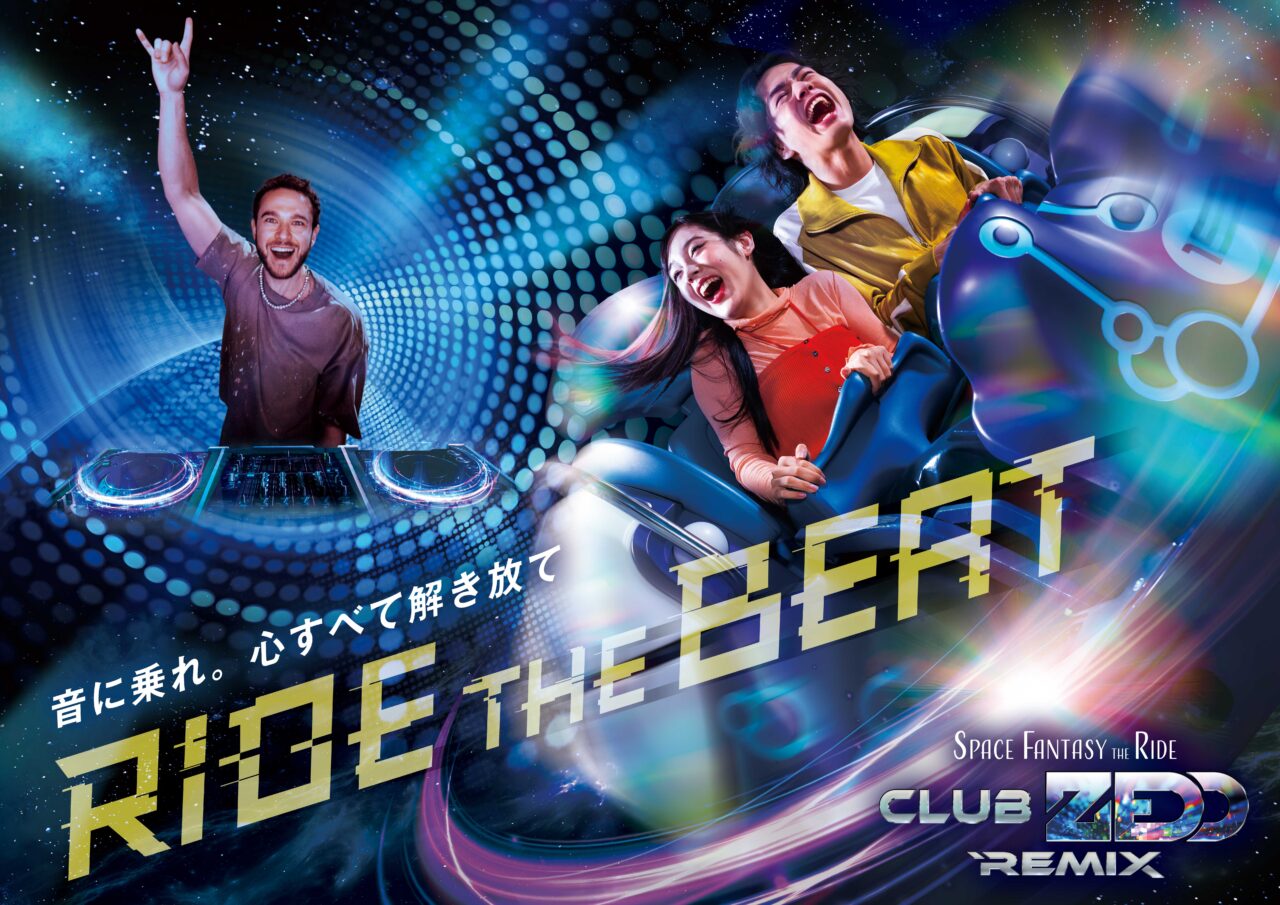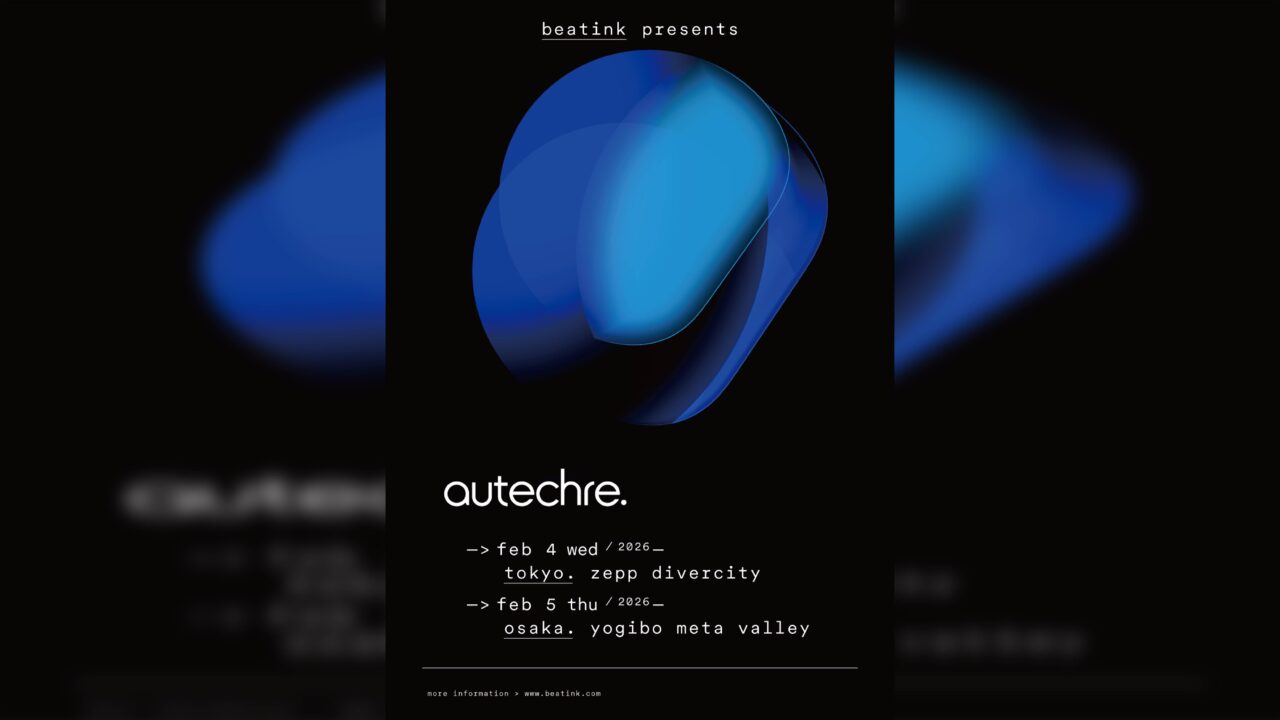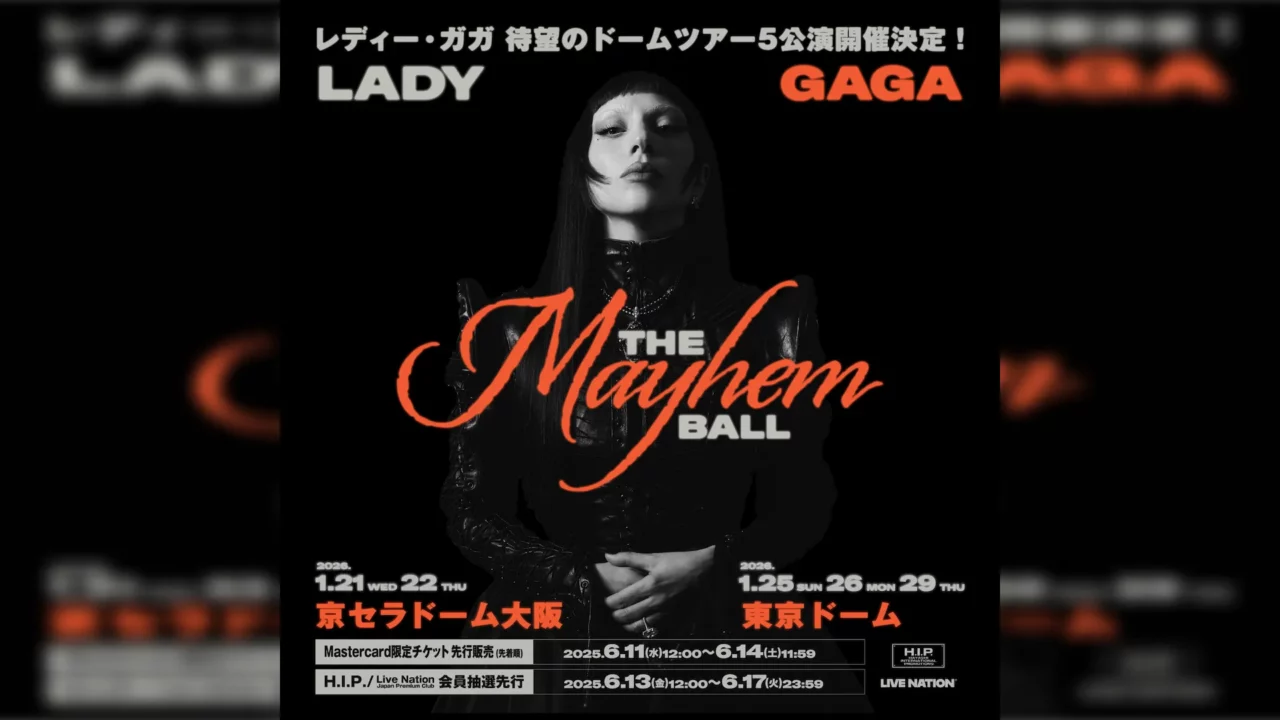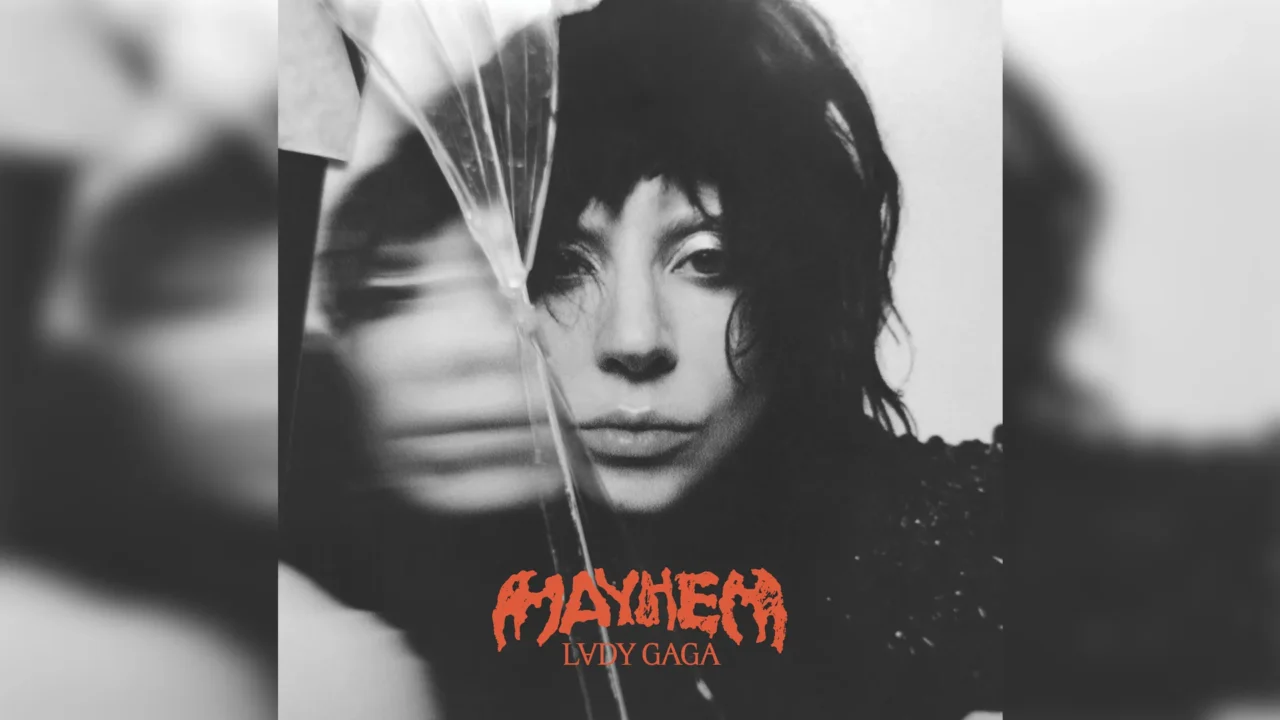If asked what kind of artist Norah Jones is, I wouldn’t know how to answer well. Of course, Norah is known for “Don’t Know Why,” but that’s just the beginning. Upon listening to her subsequent releases, there’s hardly anything similar. Each album not only has its own musical style but also differs in sound quality. Furthermore, there doesn’t seem to be a consistent trend. Different producers and collaborators are involved, leading to bold changes to match each co-performer. This applies to Norah’s solo works as well as projects like The Little Willies and Puss N Boots. Perhaps Norah has always expressed “herself at the time,” much like a snapshot of that period.
Moreover, there’s always a unique twist in Norah’s work. Even “Day Breaks,” where she collaborated with Wayne Shorter and covered classics by Duke Ellington and Horace Silver, wasn’t simply a straightforward jazz revival. While there was a significant jazz element in Norah’s sound, some tracks featured bold effects and mixes, making them hard to categorize. Norah’s work consistently defies categorization and slips away when one tries to describe it in words.
Her latest release, “Visions,” is unlike any of Norah’s previous works, elusive yet filled with her signature style. I had the miraculous opportunity to interview Norah Jones herself, known for her high barriers to interviews. I seized this chance to ask her directly about the enigmatic aspects of her music, that is, what thoughts and attitudes she brings to album production, aligned with “Visions.” Norah responded with great sincerity, in a straightforward, unadorned manner.
INDEX
Enjoyable Collaboration with Leon Michaels
-Could you tell us how the “Visions” project come together?
Norah: In 2020, I asked Leon Michels, “Why don’t we write a song together?” I asked him. He had played saxophone on one of my albums before, so we knew each other.
We recorded the song “Can You Believe” together in 2021, and then I asked him to make a Christmas album with me, and we worked together for about a year. After the Christmas album “I Dream Of Christmas” was completed, I suggested that we continue working together and see what we could do if it were a regular album.
I think it was around the beginning of 2022 that we actually started working on it. We only worked together for a few hours once or twice a month, but it was a lot of fun. We recorded intermittently like that for about a year and a half.
-Did you have a blueprint when you started creating “Visions”?
Norah: No, I don’t think there was. Rather than deciding on a direction first, I thought the album could go in any direction. I liked “Can You Believe” a lot when we first started working together, and we had worked on a Christmas album together, so we knew how we would work with each other. I had a few ideas of songs I wanted to try with Leon, but I had no idea what they would sound like.

Born on March 30, 1979 in New York, raised in Texas. Currently resides in New York. Her debut album “Come Away With Me,” released in 2002, became a worldwide hit, winning five Grammy Awards at the 45th Grammy Awards, including Album of the Year. Since then, she has released nine studio albums, won nine Grammy Awards, and sold over 52 million albums. Her music has been streamed over 10 billion times worldwide. In 2022, she launched the podcast “Norah Jones Is Playing Along,” featuring talks and collaboration performances with her favorite musicians.
-How did you come to work with Leon Michaels as the producer for “Visions”?
Norah: He played saxophone on a few of my albums in 2016 and 2018. But I actually didn’t know him very well. Then I happened to have a chance to listen to his band El Michels Affair and it was really good music. I didn’t notice it at first, but then I thought, “Oh, this is Leon! You know this guy” (laughs). Then I realized he was a great producer, and I thought it would be fun to write a song together. At first it was supposed to be one song, but it developed into a Christmas album, and the album was so much fun that I started thinking, “I want to work with him more.
-What did you like about Leon’s music?
Norah: I can’t really explain it, but I thought it was melodic and just music that made me feel good.
-In the production process, are there any differences between your previous work “I Dream Of Christmas” and your latest work “Visions”?
Norah: I honestly don’t know if there was a difference in the process, but we were both getting more and more comfortable working together. I think we came to understand each other better and what our musical strengths were. I think we were able to take advantage of that.
About 70% of the songs on the album were recorded by both Leon and myself. We played various instruments in the studio, and as we worked together, the songs came together. That was a lot of fun. I think it was a very good process.
INDEX
Like Moving a Lengthy Thread
-When I look at the credits, I see that most of the music was composed by the two of you. Can you tell us a little more about what the process of composing together was like?
Norah: For many of the songs, we started with a structure, with Leon playing drums and me playing piano or guitar. Sometimes we’d sing at the same time while we were working on some structure. We would write songs in this way, and then we would play the finished songs alone again, and record them.
-For example, in “Begin Again,” “Little Broken Hearts,” and “Day Breaks,” there were songs where the writing credit was jointly given. Is your method different from those?
Norah: I think it is a little different. I write songs with Leon because it is quite unique. On the other hand, each one is a creative process no matter who you are working with, so I guess you could say that it is different every time, not just this one in particular. If we were to do things the same way, I think the songs would have the same feel every time. I think it is always different.
-Has there been a past instance of playing various instruments and creating solely with just two people?
Norah: When I wrote with Jeff Tweedy (“Begin Again”), he played guitar, I played piano, and we both played guitar. When I worked with Danger Mouse (“Little Broken Hearts”), we also used a variety of instruments. He would play drums, I would play piano or keyboards, and he would play guitar or keyboards, and we would weave the songs together. The instruments were different, but I think we wrote songs in the same way.
-What do you think is the difference in what comes out of a composition in this way, with a small group of people playing various instruments, and your usual compositions?
Norah: Of course it is different. When I compose with other people, they have a different energy. For example, they develop a chord progression that tends to be different from the one that comes to mind for me. It’s not all explainable, but I think all things affect all things.
-Which songs did you write from ideas you had?
Norah: Rather many of the songs. “Visions,” “Queen Of The Sea,” and “I’m Awake” are songs I wrote at home and brought into the studio to arrange together. I wrote them at home and brought them to the studio and we worked together on the arrangements. Songs like “On My Way” and “All This Time” were written from old voice memos I had. The first part was my idea, and we rearranged it and came up with other parts together.
On the other hand, some songs, like “Staring At The Wall,” we wrote together in the studio from the beginning. Leon said, “Let’s do something fast tempo,” and he started playing the drums, and I said, “I can’t play the piano that fast! (laughs), and I started playing the riff on the guitar. We wrote “Alone With My Thoughts” together in the studio, but there were no lyrics on it at the time. I went through my voice memos and found a verse I had written before, so I tweaked it a bit to fit the song and finished it.
-Which song was the seed of an idea that came up on the spot and grew from there?
Norah: “Alone With My Thoughts,” “Staring At The Wall,” and “Swept Up In The Night ” are the ones that did.
-Do you have an example of one idea that came up at some point that changed the song?
Norah: Well, I wish I had a good example of something like that: ……. Everything we do in the studio affects the music. It’s the interaction that changes it. To use an analogy, it’s like a long string that changes its flow every few minutes, and we are moving it together. It’s hard to explain, but I think everything changes like that. If the same song had been written with different people, it would have been completely different music and a different sound.
-By the way, why did the idea come to you in the middle of the night or before going to bed?
Norah: I think songs are created when it is quiet. But quiet moments are hard to come by. Phone calls come in, and my mind is always busy with various things. So I think I can often do it at night, or when I am meditating, or in the bath.
























